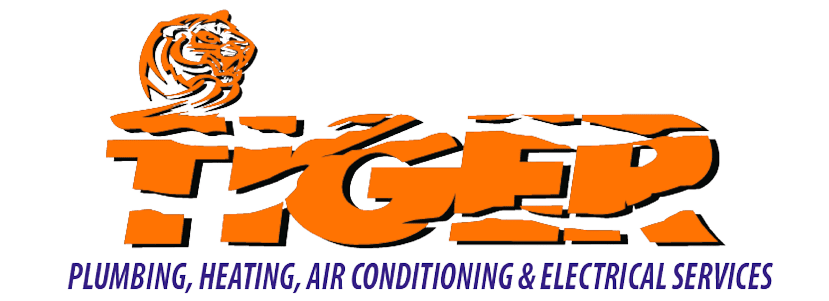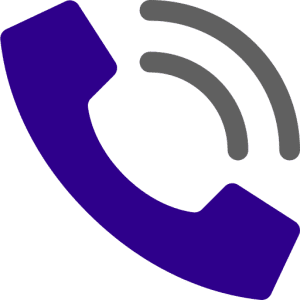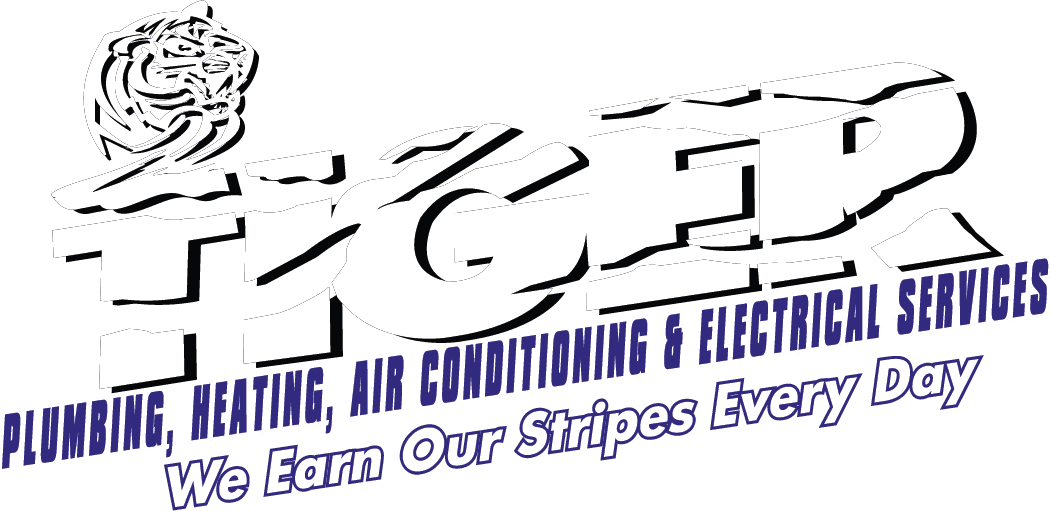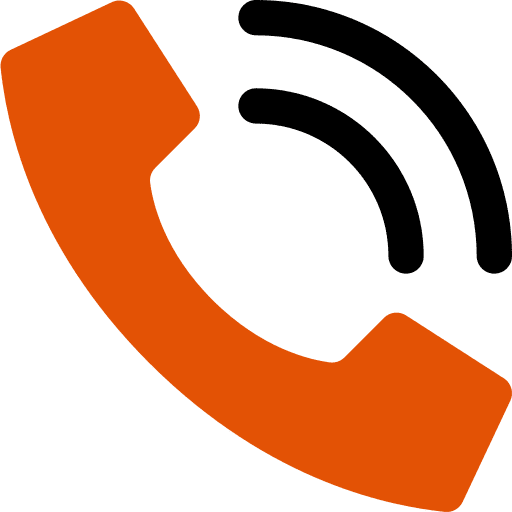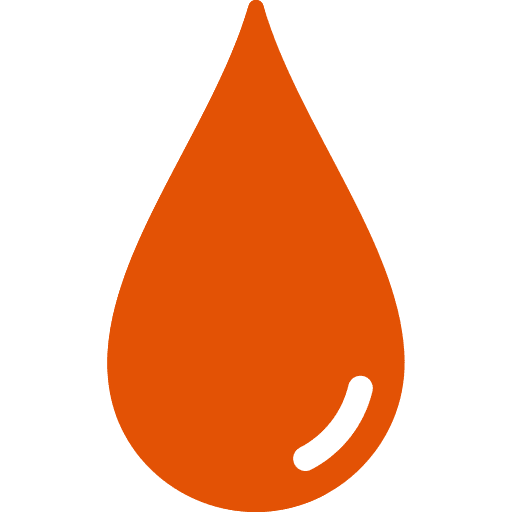Financing
Stay Warm, Stay Safe: Portable Generator Safety 101
Brr…it’s cold outside and many of us keep a backup portable generator (or two) around in case of power outages. A generator can be a lifesaver on freezing winter days when power fails us. However, generators can be extremely dangerous as well and it is important to take the necessary precautions to keep your home and your family safe.
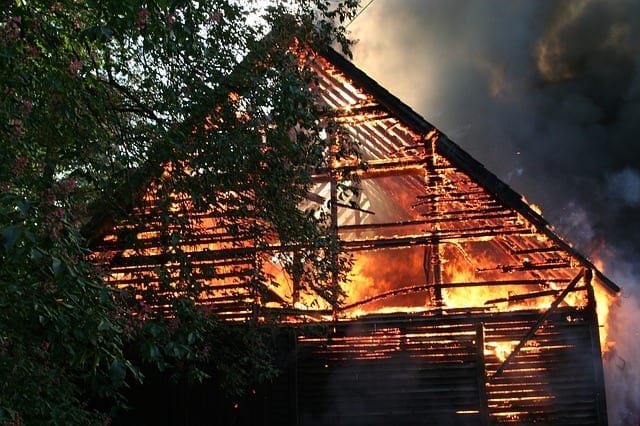
Portable Generator Safety 101
The main hazards to avoid when using a generator are carbon monoxide poisoning, electric shock or electrocution and fire. There are some easy steps you can take to protect yourself against these hazards.
To Avoid Carbon Monoxide Hazards:
- Always use generators outdoors, away from doors, windows and vents.
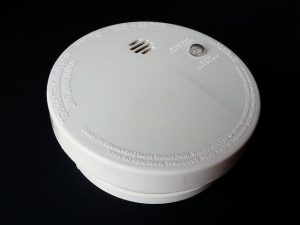
- NEVER use generators in homes, garages, basements, crawl spaces or other enclosed or partially enclosed areas, even with ventilation.
- Follow manufacturer’s instructions.
- Install battery-operated or plug-in (with battery backup) carbon monoxide (CO) alarms in your home, following manufacturer’s instructions.
- Test CO alarms often and replace batteries when needed.
To Avoid Electrical Hazards:
- Keep the generator dry. Op
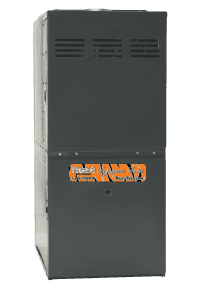 erate on a dry surface under an open, canopy- like structure.
erate on a dry surface under an open, canopy- like structure. - Dry your hands before touching the generator.
- Plug appliances directly into generator or use a heavy-duty outdoor- rated extension cord.
- Make sure a tire extension cord is free of cuts or tears and the plug has all 3 prongs, especially a grounding pin.
- NEVER plug the generator into a wall outlet. This practice, known as back feeding, can cause an electrocution risk to utility workers and others served by the same utility transformer.
- If it is necessary to connect a generator to house wiring to power appliances, have a qualified electrician install appropriate equipment. Or, your utility company may be able to install an appropriate transfer switch.
To Avoid Fire Hazards:
- Before refueling the generator, turn it off and let it cool. Fuel spilled on hot engine parts could ignite.
- Always store fuel outside of living areas in properly labeled, non-glass containers.
- Store fuel away from any fuel-burning appliance.
Stay safe this winter!
Source: U.S. Consumer Product Safety Commission
If you have any plumbing, heating, cooling or electrical needs, simply call us at:
(618) 765-8218
Be sure to check us out on Facebook, Twitter, Pinterest, and Instagram
Financing
Options
See how fast we can get to you!
Join A
Winning Team
Winning Team
